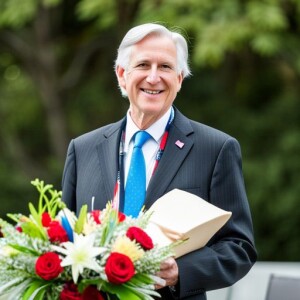The State Department has been labeled as predominantly liberal, but this perception might not be entirely accurate. It’s true that the State Department is responsible for crafting and implementing US foreign policy, but it operates within a framework that’s guided by the current administration in power. As a result, the political ideology of the administration can influence the overall direction of the State Department’s work.
So what factors contribute to the perception of a liberal-leaning State Department? One such factor is the appointment and confirmation process. When a new administration takes office, it appoints individuals to key positions within the State Department, including ambassadors, diplomats, and other officials. These appointments are subject to Senate confirmation, and the political makeup of the administration can influence who gets selected.
Another factor is historical context. Over the years, certain diplomatic initiatives, international agreements, or foreign policy approaches pursued by different administrations may have been perceived as leaning toward more liberal or progressive ideals. This can shape the overall perception of the State Department’s political leanings.
International engagement and multilateralism are also important factors. The State Department is responsible for engaging with other nations and participating in international organizations. This often involves working collaboratively with diverse countries and addressing global challenges. Some might perceive the emphasis on diplomacy, multilateralism, and global cooperation as aligned with more liberal or internationalist values.
It’s worth noting that the State Department aims to represent a diverse range of perspectives and expertise, including diplomats and officials with different political leanings. However, the overall approach tends to be aligned with the policies set forth by the administration in power. Some have even claimed that employees who identify as conservative may not get promoted to higher levels than those who identify as liberal.
It’s important to recognize that political perceptions can vary, and the State Department, like any government agency, is composed of individuals with a range of political beliefs. Ultimately, the department’s work is shaped by the priorities and objectives of the administration in office, regardless of political affiliation.

